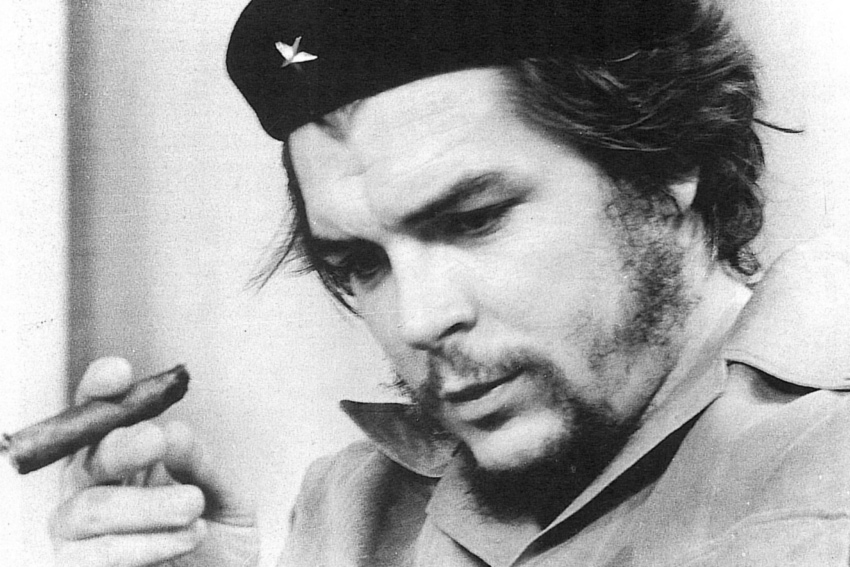
For Che, production was not a part of people’s life with no links with him, which he was only in contact when receiving a salary”… we should all be obsessed right now, to increase production, increase productivity, fight for saving, for the costs, and make technological innovations of all kinds. That should be the goal of all of us, so we have to devote ourselves with the five senses to the task we are doing.”
Cuban labor universe is very different nowadays from the one Che was witness; however, this and many other ideas are still in force, like the one that socialism is neither a miracle creation nor the exclusive result of conscience, but the human job.
In this transition period work should have a new condition, because the means of production have gone from the hands of society and the machine – symbol of job of the working class – to be, as Che said, the trench to fulfill the duty.
The different compared to the capitalist society was essential: man, stressed commander-minister: “He starts reflected in his job and understand the human magnitude by means of the object created, the job done. This does not mean to leave a part of him in labor force sold, to which it does not belong anymore, but that means his own emancipation, a contribution to common life he is reflected; the fulfillment of his social duty.”
Che created the formula of Voluntary Work, to make himself understood in that type of distinctive concept, which also meant a contribution to society, to the welfare of the working class without retribution. According to him, it was of the first steps in the long process of liberation of the individual who will really reach his humane condition when he will be able to produce without the physical pressure to sell himself as merchandise.
It was not an idealist position what made him value the attitude to work in a different way, but creation, after the triumph of the Revolution, of conditions that favored it. He explained that in a speech when he was handing in some certificates of communist work at the Ministry of Industries, when he pointed out that when society is able to start fighting for demands, destroy oppressor and take power, once more there is happiness in the job for the fulfillment of a duty, feeling important in society and be motivated to promote it every day more, so we can have a society able to satisfy the increasing needs of the population.
That change, as he said, was not automatically done in conscience, as it was neither in the economy, and stressed that there are periods of acceleration, others are slow and even others go backwards.
The extraordinary complex situations the Revolution had to face after these ideas had been exposed have hurt values closely related to the behavior in the work, like industriously and responsibility, but they have not given less importance to the need of giving to it the category of social duty, as Che conceived it, because it is indissolubility linked to the social project we are building.
In the Guidelines of the Economic and Social Policy of the Party and the Revolution it is said of the need to rescue the role of the work and the incomes received for this concept, not only to satisfy the personal needs of the worker and his family, but also “as the main way to contribute to development.”
Either State or non-state jobs have the goal to that double purpose, and it is utopia but an imperative of the current circumstances to be able that the workers, who are in one or other way of contribution, will feel as fundamental part of a system for prosperity and sustainability of our socialism.